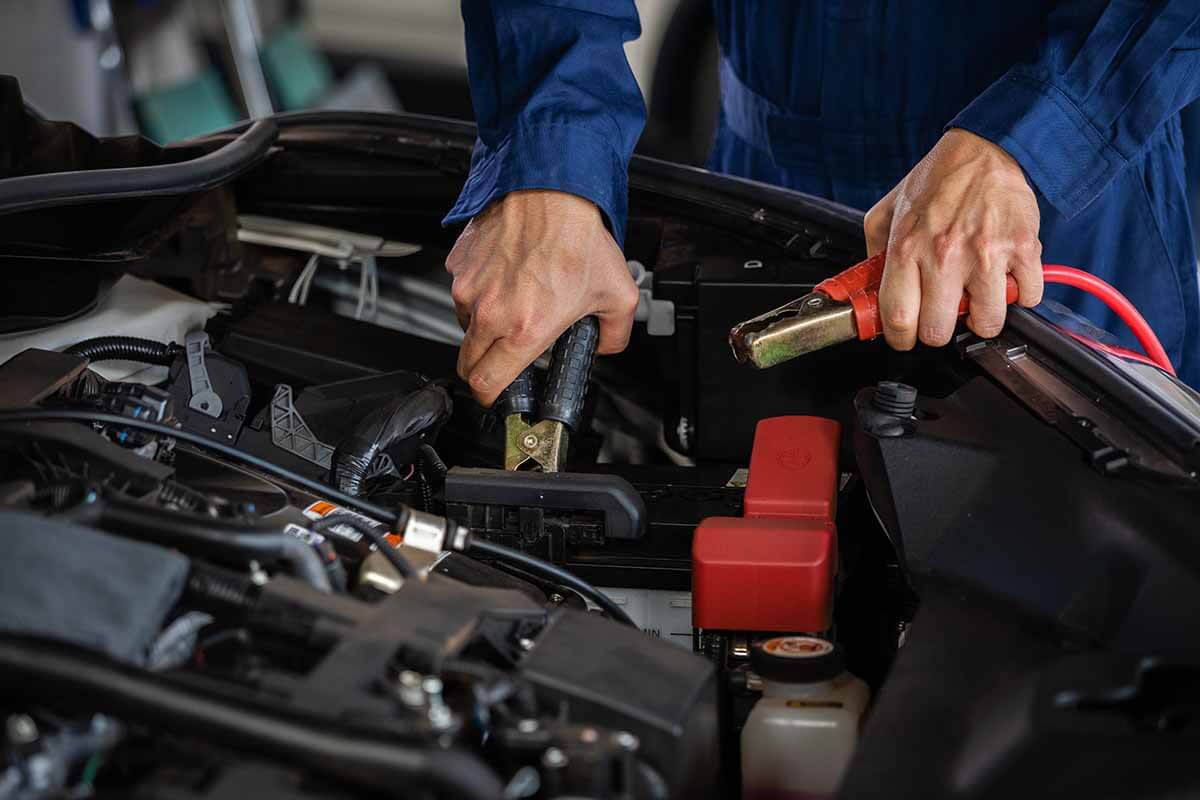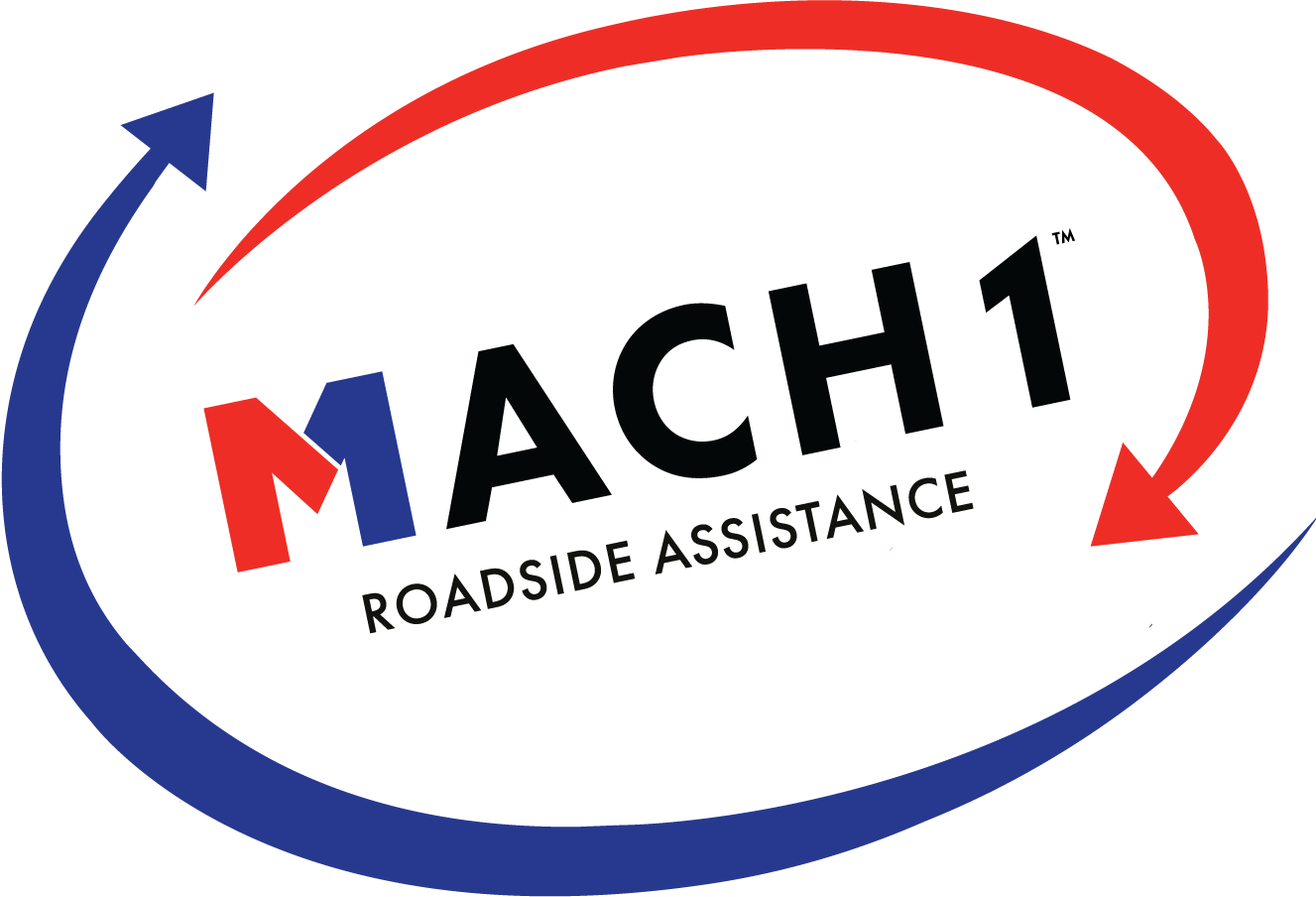
20 Dec Car Battery Charger 101
There are many car battery charger essentials that most people don’t understand. This car battery charger 101 will guide you on a car its do’s and don’ts. You will know how to choose car battery chargers and how to tell if your battery charger is dead.
There are various types of car battery chargers, and your choice of the charger will depend on your need and the use for it. Different car batteries require different kinds of chargers. Carefully analyzing the type of battery you have and the occasion you need it for (like a road trip or camping) will help you decide which charger you will be needing.
Is a car battery charger hard to use?
No, it’s not. Before you even begin the whole process, it can be easy to get an electric shock when charging your car battery. But, to avoid such problems, remove the battery from your car altogether. It shouldn’t be hard to locate your car battery. Some are in the fender, under the fender, in the trunk, or under the seat, depending on the type of car and model. To use a car battery charger properly, you need to follow a few simple steps for your battery, and you’ll be good to go.
- Ensure your charger is off
- Connect the positive cable of your charger to the positive terminal on the battery.
- Connect the negative cable of your charger to the negative terminal in the battery.
- Put the charger on the lowest charging rate.
- Turn on the charger and set a timer.
Will a car charger charge a dead battery?
Yes, it can. A car battery charger offers the option to charge your car’s battery without having to drive around for hours or even turning on the engine. You can connect a car charger to the wall socket, where it will draw energy to recharge a drained battery. To fully recharge a car’s battery can take upto twenty-four hours depending on the charger used.
A car charger is essential if you are driving in rural areas where it can be challenging to come across someone who can help you jumpstart your car.
Are there different kinds of car battery chargers?
Yes. There are three main types of battery chargers. They all vary based on their intended purpose. The three main types of chargers are a charger, maintainer, and restorer. Knowing the difference between these three types will help you choose the one that best serves your needs.
Charger
A car charger is the simplest, most common, and affordable battery charger. Using it is straightforward, and you don’t need to worry about complicated procedures. It has a low-amp trickle charge that can take upto 24 hours to charge your battery fully. The charge rate depends on the output of the charger and the size of your battery.
These types of chargers don’t monitor your battery’s charge, and you need to check on your battery every couple of hours to ensure it doesn’t overcharge. An overcharged battery can either melt, swell, or die. But these chargers are very convenient since they can be used by any car since they are universal and suitable for emergencies.
Maintainer
A maintainer battery charger is mainly used to monitor the battery’s power level and stops charging it once it’s full. The primary purpose of a maintainer charger is to continuously charge the battery without allowing it to run low or overcharge. To attain this, you need to set the charger at a low amp setting to ensure it continuously juices the battery.
During camping, you can get yourself a solar maintainer. It allows you to enjoy music from your stereo without wasting fuel or battery power. This kind of charger collects energy from the sun and maintains your car battery power.
Restorer
Sometimes, a battery can run low on power and drop below the required threshold to restart your car. When this happens, the battery crystallizes and forms a buildup of lead sulfate crystals. This buildup prevents the battery from ever returning to a full charge. But if you have a battery restorer, it can detect battery sulfation and begin to clear the buildup using a desulfator.
The result of using a restorer is that your battery regains some of its former life. These results vary vastly from one battery to the other, but the biggest decider is how long your battery has been sitting on a very low charge. The longer it has been in that condition, the less effective the restorer will be. Restorers are designed to charge and maintain your batteries, but these features come at a higher cost.
How can I tell which car battery charger is right for my car?
To determine the car battery charger you need, you will need to consider a couple of things about your car. These include:
- Engine size: The size of your engine will determine the type of battery charger your car needs. A bigger engine will need a bigger and more powerful charger.
- Battery type: Various batteries require different kinds of chargers. For example, lead batteries can be charged by any kind of charger as long as it’s suitable. But a gel or calcium battery can only be charged using a smart charger. Most cars that use these kinds of batteries are those with start-stop functions.
- Features: There are different features to look for in a car battery charger. If you need a winter mode or a digital display that’s easy to read, or specific charging cycles, they will help you figure out which charger to pick.
When choosing a battery charger, you also need to make considerations about the charger itself. Chargers have different features that you’ll need to keep in mind. These include:
- Automatic Vs. manual: Automatic battery chargers have quickly replaced manual chargers. These chargers monitor the battery while charging it, and once it’s full, it automatically switches to a maintenance mode or turns it off to prevent overcharging. An automatic charger is suitable for overnight charging. On the other hand, a manual charger needs you to keep a watchful eye to avoid overcharging. With a manual charger, you need to be careful to prevent it from overcharging. Because of this, you will need to turn it off when the battery is close to full charge to avoid its potential overcharging.
- Electric vs. solar: Since battery chargers need to get their power from somewhere, you can choose to use solar-powered or electric-powered ones. An electric charger connects to your power outlet or stored energy. Electric chargers swarm the market because they are more convenient to plug in a battery charger rather than wait for the sun to come out. On the other hand, a solar-powered battery charger has the bonus of being completely free. It’s an excellent option for road trips and camping trips. The only con is that you won’t have power when the sun isn’t available.
- Voltage and amperage: All battery chargers come with the manufacturers’ indication of their voltage and amperage. The voltage of a battery charger indicates the types of batteries it can charge. Alternatively, the amperage of a battery shows the amount of energy it can dispense over an hour-long period. The amps of a battery charger will therefore help you determine how long it will take to charge the battery fully.
- Charge time: The length of time it takes to charge a battery entirely is dependent on multiple factors like battery capacity, source of power, the power output of the charger, and whether the battery is in use while charging.
How long does it take to charge a car battery with a charger?
The duration it takes to charge up a battery entirely is dependent on various factors like battery capacity, source of power for the charger, the power output of the charger, and whether the battery is in use while charging. To know your battery’s total capacity, you can check your manufacturer’s capacity, which is mainly written on the side of the battery. Also, checking your battery charger’s amp will help you determine the amount of time to charge a car’s battery. For example, a 48-amp battery will take 24 hours to charge from a 2-amp battery charger, while a 10-amp charger will charge it in only five hours.
How do I know if my battery or charger is bad?
There is an easy way to know if your battery charger is you can do it in these easy steps.
- Connect your charger to an electrical outlet and remove any other batteries charging from that outlet.
- Ensure you turn on the voltmeter, and there’s power getting through it. You can now connect your test probes according to the meter’s instructions. Set the selector switch to the highest level of DC (Direct Current).
- Touch the positive side of the battery with the red probe, then connect the black test probe to the negative side of the battery.
- If you mix up the probes accidentally, the multimeter will display a negative reading, or the pointer will be on the left side. In this case, switch out the test probes. But if the pointer is on the right side, it means that your battery is receiving charge.
- Keep checking the battery charger. If it keeps on giving a negative reading, it means that your charger is dead. But if the charger has sufficient energy flowing in it and is not charging the battery, you might have a dead battery, and that’s why it won’t hold any charge.
Is it worth having a car battery charger?
Yes, it is. A car battery charger has a lot of positive uses which include:
- Saves on time and money: A dead battery means a dead car. Once you have a car battery charger with you, it means that you can get your source of power anywhere, recharge your car’s battery, and get on your merry way. It will also save you time since you won’t get stuck in the same place waiting for a miracle.
- Safe to use: For example, using a smart battery charger means that it is more efficient and will extend the service life of your car’s battery. Smart chargers are economical, efficient, and safer.
- Shockproof: Modern battery chargers prevent electric shocks from occurring since they have built-in safeguards to prevent that from happening. Modern chargers also detect when you put the wrong terminals together and stop working until you fix them.
Conclusion
There are many variables to consider when choosing the type of car battery charger to use on your car. It would be best to note your battery size and other factors before you purchase a battery charger. But always choosing more modern chargers for your car’s battery is a better alternative compared to the manual car battery chargers.
